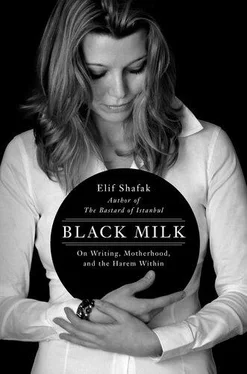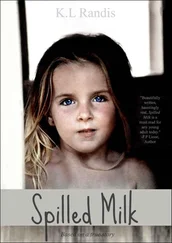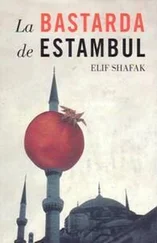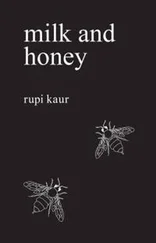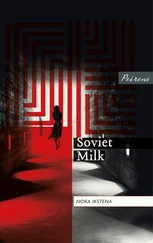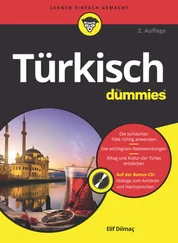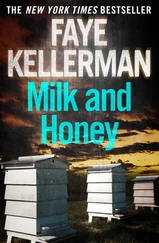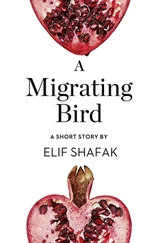Silence is the worst. Whenever a thick cloud of silence descends, the yapping voices inside me become all the more audible, rising to the surface one by one. I like to believe I know all the women in this inner harem of mine but perhaps there are those I have never met. Together they make a choir that does not know how to tone down. I call them the Choir of Discordant Voices.
It is a bizarre choir, now that I think about it. Not only are they all off-key, none of them can read notes. In fact, there is no music at all in what they do. They all talk at the same time, each in a voice louder than the other, never listening to what is being said. They make me afraid of my own diversity, the fragmentation inside of me. That is why I do not like the quiet. I even find it unpleasant, unsettling. When working at home or in a hotel room, I make sure to turn on the radio, the TV or the CD player, and sometimes all three at the same time. Used to writing in hectic airports, crowded cafés or boisterous restaurants, I am at my best when surrounded by a rich ruckus.
It suddenly occurs to me that this might be why I, unlike all my friends, never get upset with those drivers who roll down their windows and broadcast pop music over and beyond the seven hills of Istanbul. It’s my belief that those magandas [2] are just as scared of the quiet as I am. They, too, are afraid to be left alone with their inner voices.
Just like those showy types, I open my windows as I sit down to work on a novel. Surely my aim is not to invade the outside world with my personal music. I want the music of the outside world to invade my inner space. The cries of seagulls, the honking of cars, the siren of an ambulance, the quarrels of the couple living upstairs, the clamor of the children playing football across the street, the sounds of backgammon pieces coming from coffeehouses, the yelling of peddlers and the punk and postpunk music spinning on my CD player… Only in this hullabaloo is the revelry inside me briefly drowned out. Only then can I write in peace.
“Would you like to see the desk where I have written most of my books?” asks Ms. Agaoglu suddenly.
“Sure, I would love to.”
It is an elegant mahogany desk topped with neatly organized manuscripts and books, decorated with carefully chosen memorabilia. A nice antique lamp radiates soft yellow light. She tells me she doesn’t let anyone else clean her desk, as she wants to make sure every single object on it remains in the right place. I wonder for a moment whether that restriction applies to the entire room since there are also many items and photographs scattered all over the bookshelves, as well as the coffee and end tables. A collector’s passion for objects, each loaded with meaning and memory, is something that I have always found perplexing.
My relation with objects is based on serial disloyalty. I get them, I love them, I abandon them. Since childhood I have gotten used to packing and repacking boxes. When you move between neighborhoods, cities and continents, you can take with you only a certain amount of things. The rest of your possessions you learn to leave behind.
Born in France in 1903, Anaïs Nin was an author who left a big impact not only on world literature but also on the women’s movement of the twentieth century. Though she was a prolific writer who produced novels, short stories and literary criticism, it was her diaries-most of which were published during her lifetime-that were most widely celebrated. Critics said most, if not all, the female characters in her fiction were her, a comment she heartily denied. One of the many intriguing things about her was how she, tired of dealing with the rules of the publishing world, decided to publish her own books. She bought a hand-fed printing press, learned how to run it and began to typeset. It was heavy labor, as she called it, especially for a woman who weighed no more than a hundred pounds. Later on when she talked about this experience, she said that printing her own books-setting each sentence into type-taught her, as a writer, how to be more succinct and less wordy.
Circumstances help us to learn how to be content with less.
Similarly, moving around has taught me how to survive with a minimal amount of furniture. What I buy in one city I abandon before leaving for the next. It is as if with every step I take and every gain I make, I lose something else somewhere. There is, however, one item in my hand baggage I have been able to take with me wherever I have gone. A satchel as old as the Dead Sea but as light as a feather, and not subject to customs anywhere in the world: the art of storytelling.
Even my most treasured books I could not keep together, piled as they are in cardboard boxes divided among the basements of relatives and friends. My Russian literature collection is in Ankara at my mother’s house; all my books in Spanish, including Don Quixote de la Mancha, rest in the garage of a friend in a suburb of Istanbul; and Arabian Nights, all one thousand and one of them, still wait for me at Mount Holyoke College, where I was once a fellow.
In a strange way, such disorganization helps to bolster my memory. When you cannot keep your books with you, you have no choice but to memorize as many of the stories and passages as best as you can. That is how I have fragments of dialogue from Pasternak’s Doctor Zhivago and poems from Rumi’s Mathnawi carved in my mind. I cannot carry them with me, not books that thick or volumes that many, but I can always recite a few lines from Rumi off the top of my head. “Without Love’s jewel inside of me, let the bazaar of my existence be destroyed stone by stone.”
“Do you have a similar writing space you deem sacred?” Ms. Agaoglu asks.
“No, not really, but I have a laptop,” I reply, knowing it sounds pathetic but saying it anyhow.
She gazes at me with eyes of wonder but then lets the subject drop. “Let’s have tea now, shall we?”
I smile with relief. “Yes, please, thank you.”
Back in the sitting room, as I wait for my host to return, a fact I have always known but never really faced plants itself in front of me: I have always clung, or maybe I wanted to cling, to bits and pieces of existence here and there, with no coherence, no center, no continuity in my life. There is a shorter way of saying this: I am a mess.
I see, in that precise moment, that however settled Ms. Agaoglu is, I am peripatetic to the same degree. However disciplined she is, I am disordered to the same extent. However hard I try to attach myself to an object, a home, an address or a relationship, the glue I use is never strong enough, and yet, odd though it is, such displacement has been both a curse and a blessing.
In a little while, Ms. Agaoglu reappears with a tray topped with porcelain teacups and plates. On my plate are pastries, the salty biscuits on the left, the sweet cookies on the right, all lined up in perfect symmetry and in equal number.
During the next half hour she tells me how it was for women writers in the past and, in her view, what has changed today. I listen, enjoying the conversation. There is no rush. No appointments to keep or tasks to accomplish. We speak of art and literature, of writers who have come and gone, and then of being a female writer in a patriarchal society.
Just then, out of the blue, Ms. Agaoglu catches me off guard by broaching a new topic. “I think at some point in their lives, women writers feel like they have to make a choice,” she says. “At least that is what happened to me. I decided not to have children in order to dedicate myself to writing.”
She tells me, in a voice calm but firm, that to be able to stand on her feet as a woman novelist and to write freely and copiously, she chose not to have any children of her own.
Читать дальше
